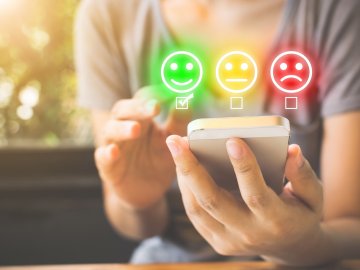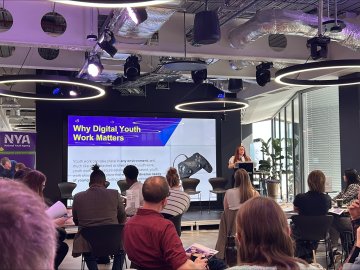We’re all familiar with the term wellbeing. It can often relate to various aspects of our 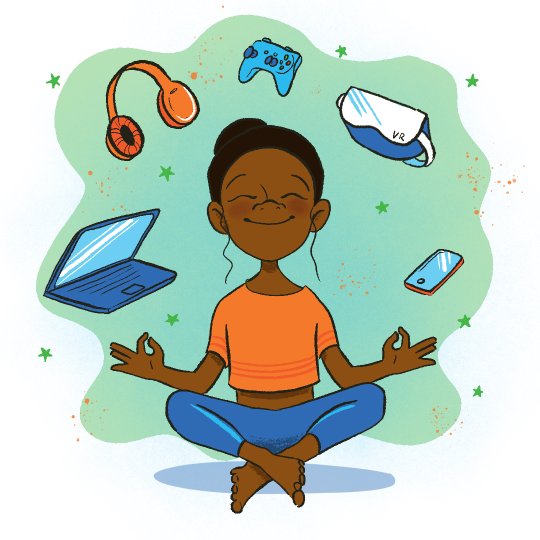 health, which can all contribute towards how we are feeling from a mental, emotional or physical perspective. It can go with us through all walks of life, from when we wake up in the morning to when we go to bed. It can determine how we deal with things emotionally or how we interact with others.
health, which can all contribute towards how we are feeling from a mental, emotional or physical perspective. It can go with us through all walks of life, from when we wake up in the morning to when we go to bed. It can determine how we deal with things emotionally or how we interact with others.
It can make us feel happy or sad and can often be a key factor in how we respond towards situations. Unlike many other things in life, wellbeing affects all of us, from very young children to older generations. It is often a key aspect of life that needs to be nurtured and looked after.
Someone’s wellbeing is often determined by an individual’s own experience. As we’re all different, it can be tough to know what can have a positive or negative impact on someone. Wellbeing can be affected by a lot of different areas including someone’s home life, school, friendships, relationships, environments; they all play an important role.
What is Digital Wellbeing?
In recent years, digital wellbeing has played an important part within the wider reach of mental and physical health. It relates to how the use of digital technology including personal devices, social media and other apps can impact on an individual’s life. With more and more people being online, digital wellbeing has gathered more attention and has quickly been recognised as an area of life that needs supporting for children as well as adults.
Digital wellbeing can be affected by many things, such as how long we spend on devices, how we behave online, how we interact with others, how others interact with us, what we expose ourselves to, what we’re influenced by and how we use technology to achieve desired outcomes. Much like general wellbeing, it can contribute to other areas such as our overall physical and mental health.
What Can Support Digital Wellbeing?
Technolgy is great and can assist us with a lot of different things. Children and young people especially may be introduced to technology from a very young age so it's important what can support them with their digital wellbeing. This can include:

Effective time away from devices

Healthy and appropriate expression online
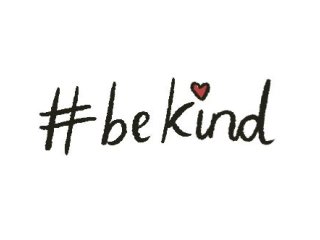
Positive influences, interactions, and encounters

Critical thinking around information and online harm
What Can Affect Digital Wellbeing?
While technology is used by a lot of children and young people for many different things, there is a still a fine line to walk between what is healthy and unhealthy digital wellbeing. Some things that can affect digital wellbeing though include:

An over-reliance on technology

Exposure to abuse or online harm

Poor online/ offline balance

Negative influences or social interaction
Digital Wellbeing and School
Schools have encountered difficult and challenging times over the past few years in light of remote learning and the COVID-19 pandemic. Students have seen changes in the way they use technology to interact at school. This can include classroom participation, socialising with friends and communication with members of staff.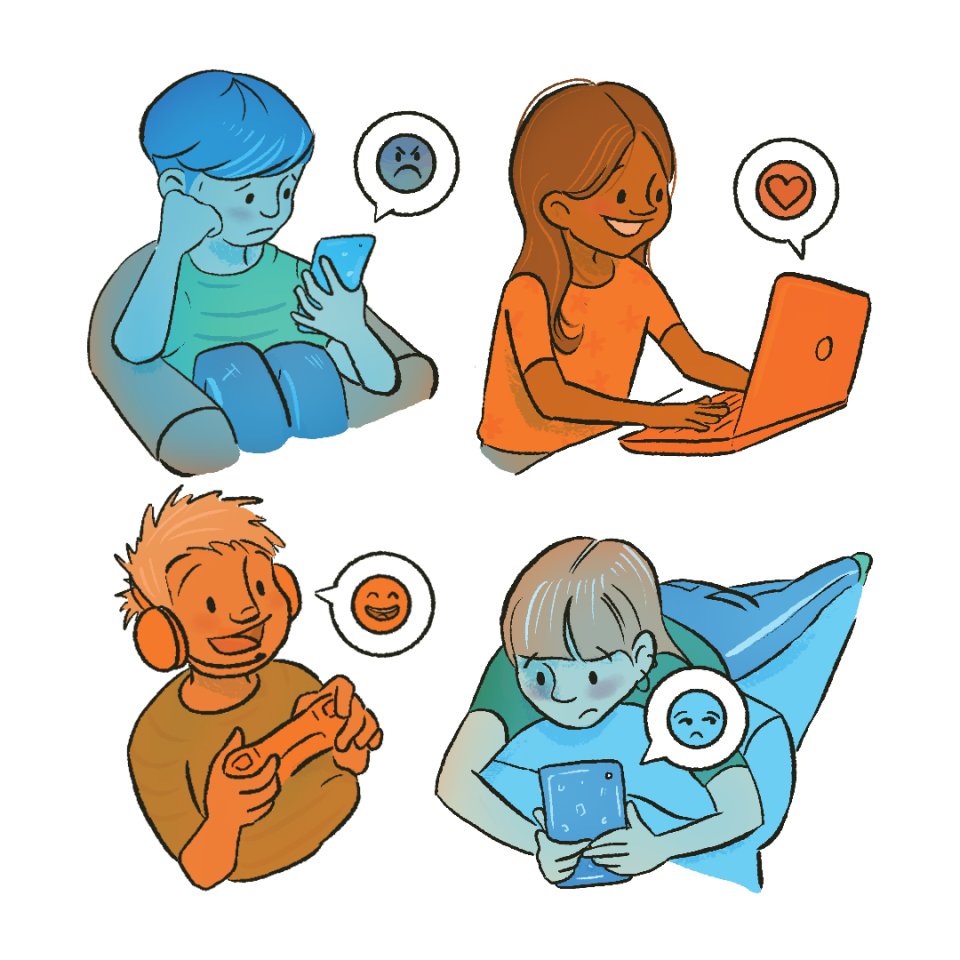
As well as students, staff have also had to navigate a difficult climate where technology has played a more active role in education. There were times where students were being seen through a screen which added more considerations around safeguarding and appropriate practice. Digital wellbeing for both student and teacher was something schools were needing to address more clearly as the divide between home and work was becoming blurred.
Now, schools have returned to regular practice, but technology continues to be used more than ever. Students in particular can have a very active online life from a young age which can shape and impact their digital wellbeing. They can use social media, online game when at home, use technology to complete school work and socialise with friends online when not together. Teachers as well can partake in similar online activity that can contribute towards their overall wellbeing.
Supporting Articles
Social Media and Digital Wellbeing
In recent times, online platforms such as social media apps have included new features to support digital wellbeing which can involve limiting the exposure of content or encouraging active breaks. Some of the latest features include:
Tools to Support Digital Wellbeing
Digital wellbeing can be hard to educate around and support. That's why, we have a range of tools and services to help you raise awareness and encourage positive digital wellbeing for your community:

